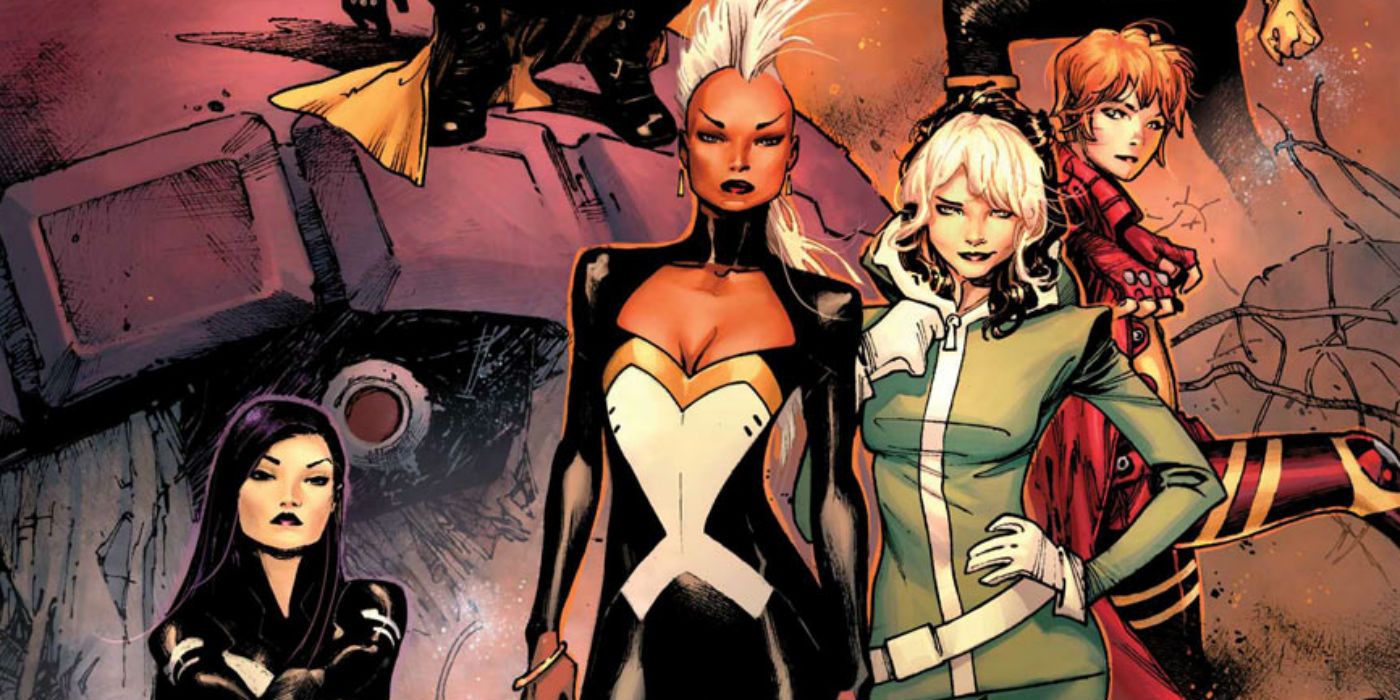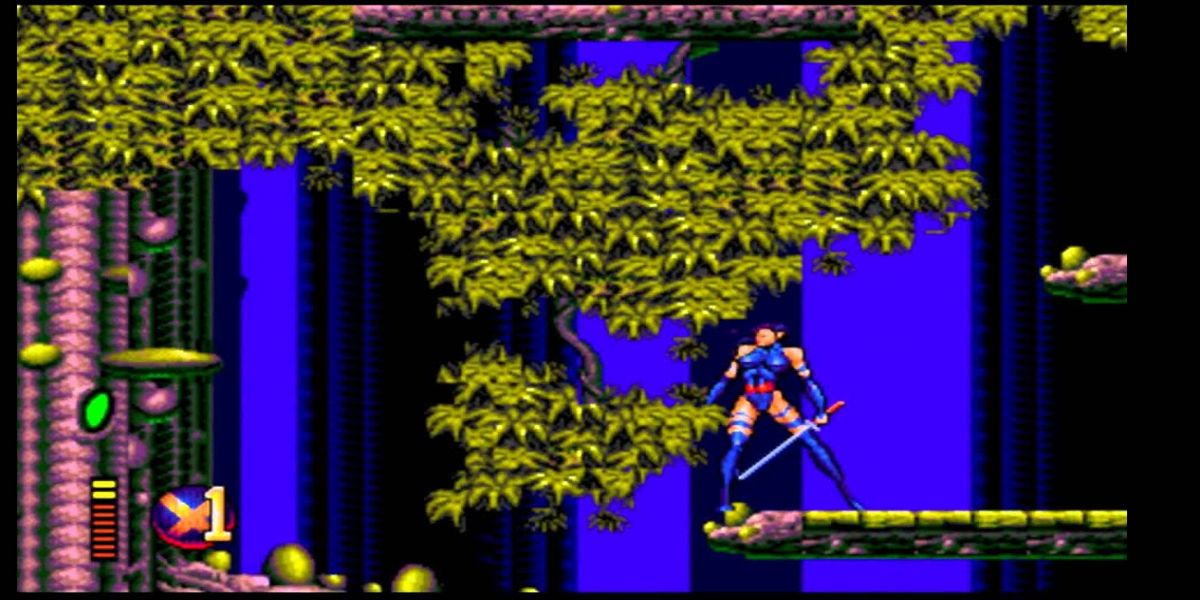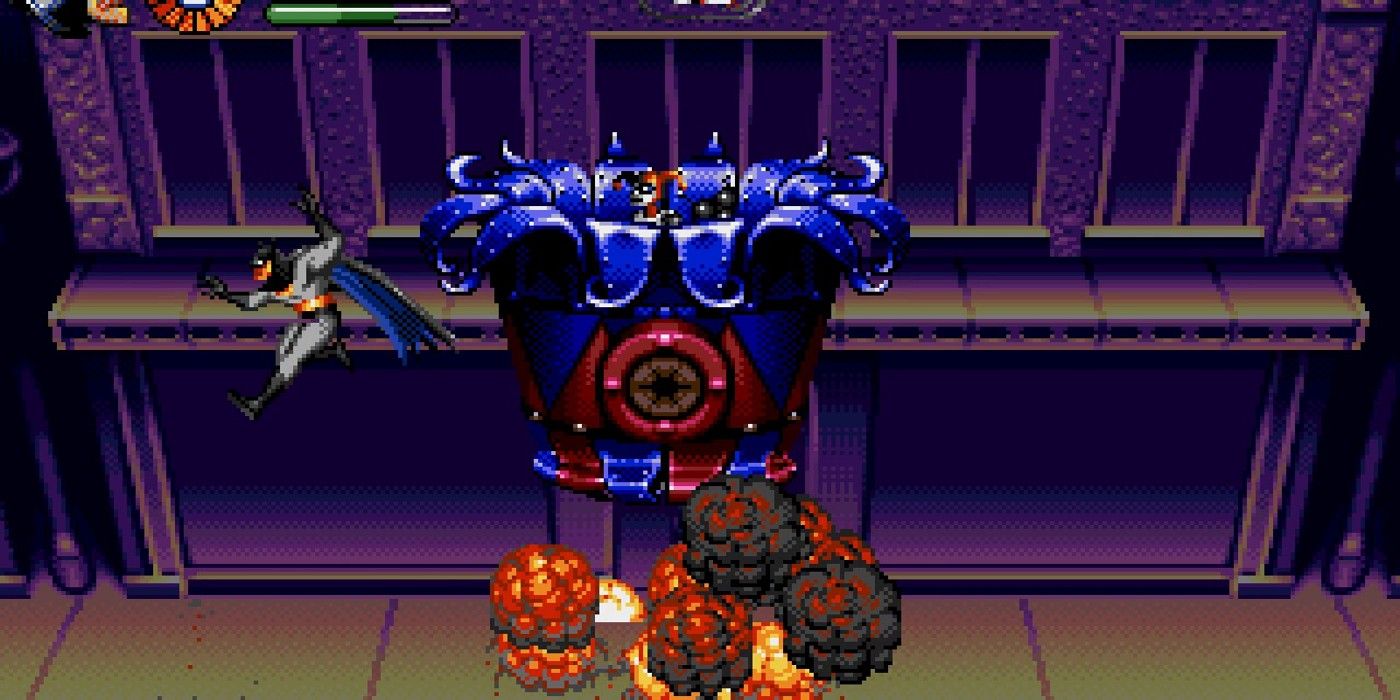Female representation has been a strong part of the appeal of X-Men comics for decades. It hasn't been as prominent in adaptations to other media, including video games. While the women of the X-Men have appeared in many games, they haven't been given the spotlight like Wolverine continues to enjoy.
One Sega Genesis game was poised to change that. Set to release during the Genesis' twilight, it would have starred the most iconic female characters of the X-Men's '90s heyday. Unfortunately for fans, the game joined the legion of canceled comics comic book games.
X-Women: The Sinister Virus was meant to be the last of a trio of X-Men games released for the Sega Genesis. The previous Genesis X-Men game, X-Men, was a standard-issue 16-bit era side-scrolling beat 'em ups enhanced by starring the merry mutants and their villains while the X-Men's battle against the Phalanx in the sequel X-Men: Clone Wars is considered a significant improvement on the original game. It decreased the first game's notorious difficulty, which included nixing a stamina meter for mutant powers, and featured impressive graphics for the era. It also increased the number of playable characters, including a playable female character in Psylocke.
X-Women looked to go in a different direction than its predecessor. Its story would have taken the male X-Men out of action by Mister Sinister's virus. The female members of the team would need to find the remaining samples to develop an antidote. Instead of featuring a wide variety of X-Women, it would have focused on a trio of iconic female mutants who were prominently featured in the '90s X-Men animated series; Storm, Jean Grey, and Rogue.
Given her inclusion in the previous game, it's surprising that Psylocke was nixed from its sequel. That decision makes sense because of a new play mechanic X-Women intended to implement. X-Women would have utilized its cast's flight abilities to add verticality to levels. That wasn't possible with a character like Psylocke, who had to rely on platforming to traverse levels.
Sega tapped Clockwork Tortoise to develop X-Women. That team's previous work included a Genesis and Sega CD game featuring characters from Marvel's distinguished competition, The Adventures of Batman & Robin. Like the first Genesis X-Men game, Batman & Robin had a reputation for its brutal difficulty. Its controls, graphics, and boss battles did receive praise, making them a solid choice to cap off the X-Men's Genesis adventures.
X-Women was intended for release in the fall of 1996, alongside latter-day Genesis games like Vectorman 2 and Sonic 3D Blast. Its existence was announced in video game magazines. A promo video at E3 is X-Women's only known footage. The game inclusion in Sega's exhibit at Walt Disney World's Innoventions Museum has become an urban legend. It was included in a press release but didn't actually appear.
X-Women was delayed twice, first to December 1996 and then to January 1997 before, before being canceled. John Pedigo, who co-produced Game Gear title X-Men: Grandmaster's Legacy before producing X-Women, has said that work on the art and music had been finished but no levels were completed. Pedigo owned a prototype of X-Women, but it has since degraded into unplayability.
Pedigo has blamed himself for the game's cancellation, telling Sega-16 he was too friendly with Clockwork Tortoise's staff to keep development on track. The studio never met a single milestone before the game was canceled. Clockwork Tortoise wasn't long for the world, closing after X-Women's cancellation due to internal issues. That included the retirement of lead programmer John O'Brien, who was credited with Batman & Robin's graphical innovations.
With the industry transitioning to the 32-bit era, X-Women quietly became vaporware. Pedigo hinted that a director's cut might exist, but unlike games like Primal Rage 2, it has yet to surface online. Fans will have to be content with games like X-Men Legends for their X-Women fix. There's always hope that Marvel Games resurrects the concept in a modern incarnation to follow up to Insomniac's Wolverine game.



